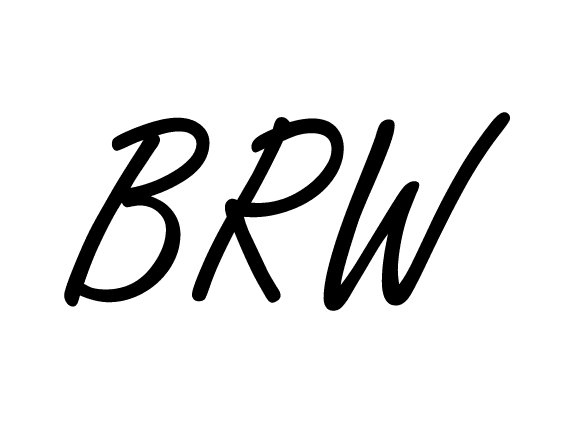Today we’re going to talk about how to improve your vocabulary.
Building your vocabulary is essential if you want to
communicate your ideas effectively.
It will help you write better papers, do better on tests,
and even improve your thinking overall.
If you can perfectly describe a problem, you are that much
closer to solving it.
The best place to improve your vocabulary is right here, in
the library.
All the words you could ever dream of using are found in
these books.
As a student, you read textbooks, but be sure to read for
pleasure as well.
Read widely, read deep.
Read that entire series of vampire novels!
Read a fashion magazine!
Read the back of your cereal box!
When you’re reading and you come across a word you don’t
know, don’t ignore it.
Underline it.
This is your big chance!
You may be able to figure out the gist of what it means from
the context.
But you may not have deduced the EXACT meaning of the word.
And lots of times, a word has more than one meaning.
That’s why you should look up these unfamiliar words in a
dictionary.
Don’t let it interrupt your reading – unless you REALLY
can’t guess the meaning of a
word from the context, in which case, go ahead and pick up
that dictionary.
Otherwise, save up all your unknown words for when you’re
finished reading that passage
or that chapter.
Find your unknown word in the dictionary, read the
definitions, and read the sample sentences.
If you’re reading something technical, your book may have a
glossary at the end, which is a short dictionary of specialized terms used in
that field.
You can use online dictionaries, but it’s nice to have an
actual dictionary that you can make notes in.
I like to highlight the word I’m looking up. That way, if I
ever find myself looking up a word more than once, I know I need to do a little
bit more to follow up, so I don’t forget that word again.
Just reading a definition once in a dictionary probably
won’t be enough. So what can you do to really master the words you look up?
Some people like to keep a word journal, and write down in a
notebook all the words they look up with brief definitions.
I like to use flashcards instead. I put one word on each
card, and that way they can be shuffled and reviewed, and put into different
piles as I master the words.
If I make a list instead, I’m stuck with just reading the
whole list over and over, and it’s not as effective for me.
Make sure your definitions are vivid so you can easily
remember them.
For example, this word tarantism means “An Uncontrollable
urge to dance.”

That reminds me of the tarantella, and a tarantula dancing!
For extra credit, I recommend also looking up your word in a
thesaurus.
That’s where you’ll find synonyms, words that mean the same,
and antonyms, words that mean the opposite. Careful, because there are often
nuances in the meanings of these words.
One word will make more sense in certain contexts compared
to another. But it will help you create a kind of “word cloud” of related
words. That will help you recall these words a lot better than if you had to
remember them individually.
Another way to improve your vocabulary is to focus on word
roots. If you learn some basic word roots in Latin and Greek, as well as some
prefixes and suffixes, you can decipher many words.
I know, that sounds intimidating - you’re trying to learn
English and now I’m telling you to learn Greek AND Latin as well. You don’t
have to learn ALL of Greek and Latin, just the parts that were stolen by English!
For example, you can break down the word translucent into
two parts, trans and lucent.
Trans means through in Latin (like...transit), and Lucent
comes from lucere, which means
means to shine in
Latin.
We use the word translucent to refer to anything that light
can shine through.
Prefixes and suffixes are really useful here.
The Pre in prefix means before - and it refers to the part
of the word that comes before the root.
“Precede” means to go before.
Ante (with an e) also means before.
For example, antediluvian means before the flood.
Antebellum means before the civil war (before the big
fight).
Post means after. Like Post script (PS) means what you write
AFTER the main part of your letter.
peri means around. Periscope is something you use to look
around.
The Perimeter is the line you can draw AROUND the border.
And finally - don’t forget the power of gamification.
There are so many word games out there – from the old
standbys like Scrabble or crossword puzzles, to games you can play on your
phone.
These all help you be more aware of all the words out there,
just waiting for you to use them.
Remember, having a great vocabulary is an important part of
being a GREAT student.

 Thursday, September 03, 2020
Thursday, September 03, 2020












No comments
Post a Comment